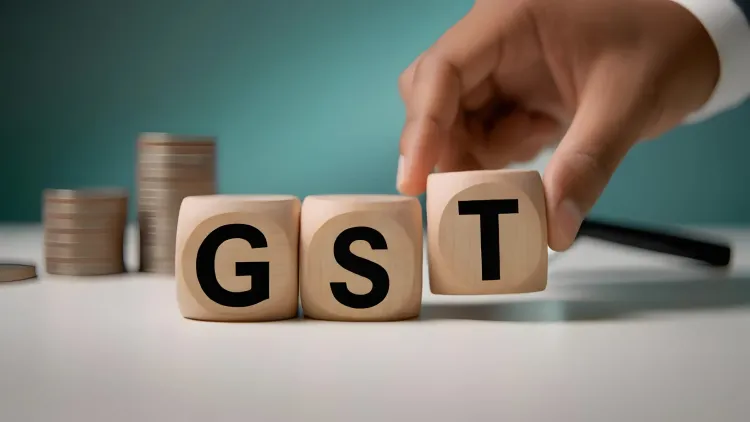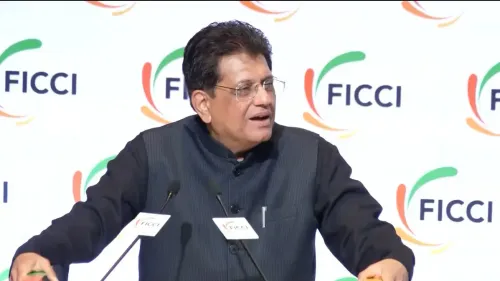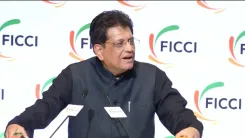Will Consumption, NBFCs, and Pharma Thrive Due to GST Reforms?

Synopsis
Key Takeaways
- Consumption sector poised for growth due to GST reforms.
- Anticipated rate cuts could stimulate economic activity.
- Investment in automobiles and pharma is advisable.
- Valuations have adjusted significantly.
- Axial MF recommends accrual strategies for fixed income investments.
New Delhi, Oct 10 (NationPress) The consumption sector, NBFCs, and pharmaceuticals are projected to experience significant growth owing to GST reforms. Additionally, the upcoming festive season is anticipated to enhance demand in automobiles, consumer durables, FMCG, and a wider range of discretionary items, according to a report released on Friday.
Axis Mutual Fund, in its analysis, reiterated its overweight stance on the consumption, NBFCs, and pharmaceuticals sectors.
The fund is forecasting a strong likelihood of a 25 basis point rate cut in December, with another potential cut of 25 basis points in February should the tariff stalemate persist.
According to Axis MF, the anticipated GST rate reduction is set to bolster replacement demand and propel premiumization within the automotive industry. The fund has increased its investments in automobiles and holds a positive outlook on sectors such as retail, hospitality, renewable energy, capital expenditure, power transmission, defense, and travel and tourism.
"We also maintain a positive outlook on other consumer discretionary sectors—particularly retail, hospitality, and travel & tourism—which are set to benefit from the strengthening domestic momentum and festive season demand," the fund emphasized.
Despite recent declines in valuations, India's premium compared to emerging markets has fallen to levels not seen in four to five years. Nevertheless, the market remains among the most expensive globally, second only to the US, as per the fund's assessment.
The fund highlighted that with 100 basis points of cuts already executed, the majority of monetary easing is complete, recommending an accrual strategy over duration plays within the fixed income market.
“As anticipated, the Fed has lowered its interest rates against a backdrop of rising unemployment. We foresee another rate cut on the horizon,” the report stated.
"From a medium-term perspective, we advocate for accrual strategies over duration plays. We expect the 10-year G-Sec to fluctuate within a range of 6.30-6.65 percent for the remainder of the financial year," the fund added.









